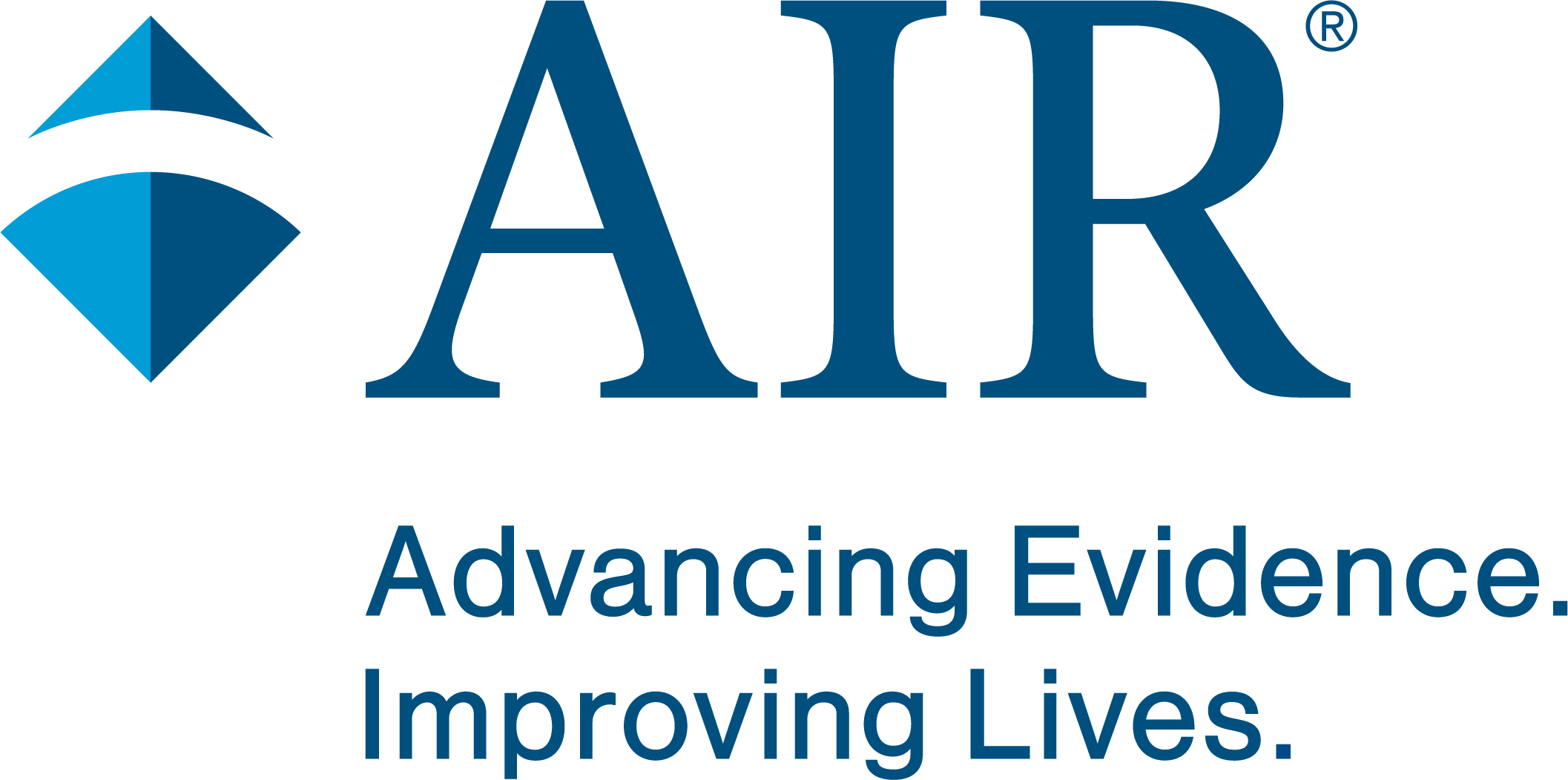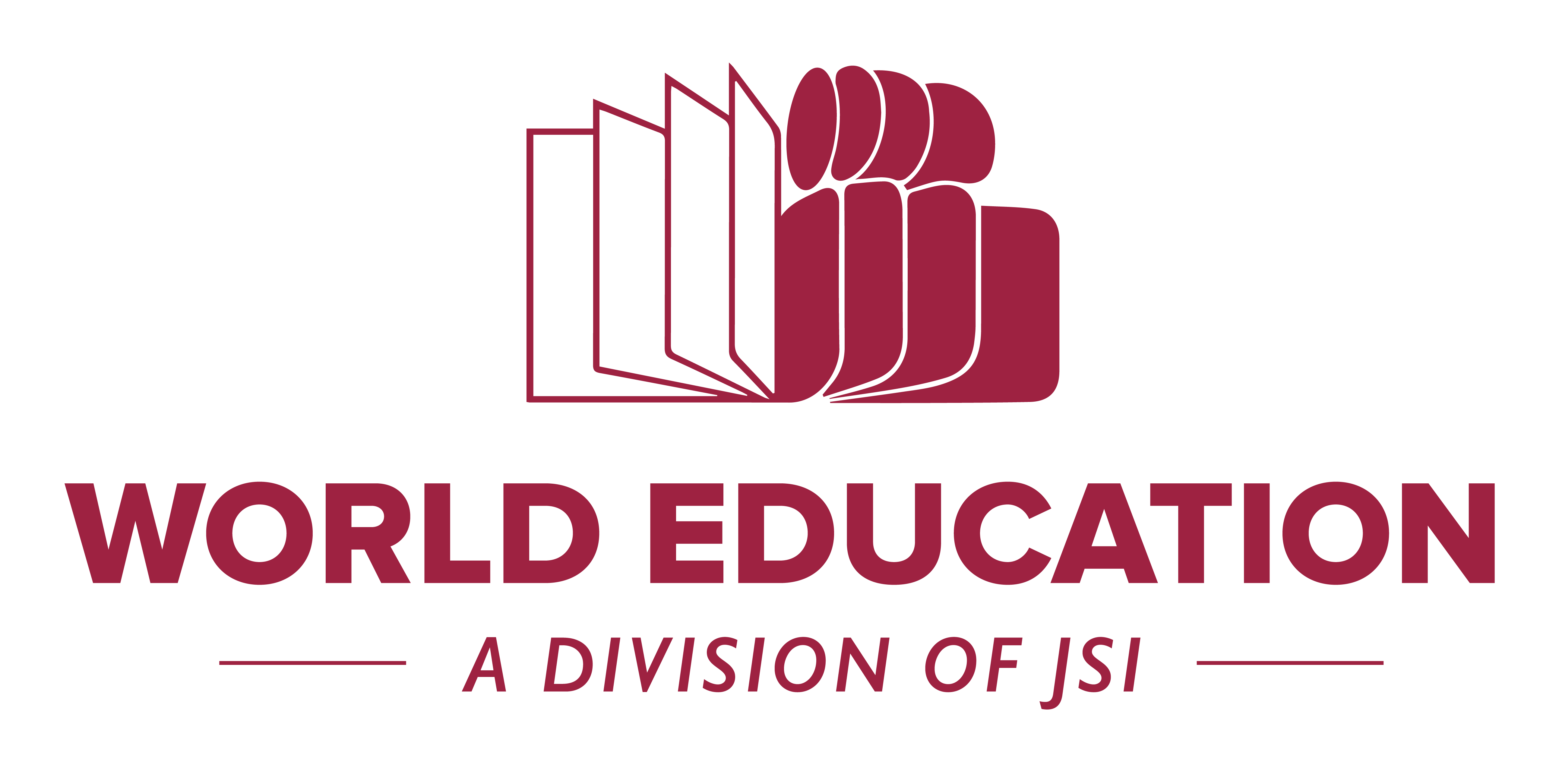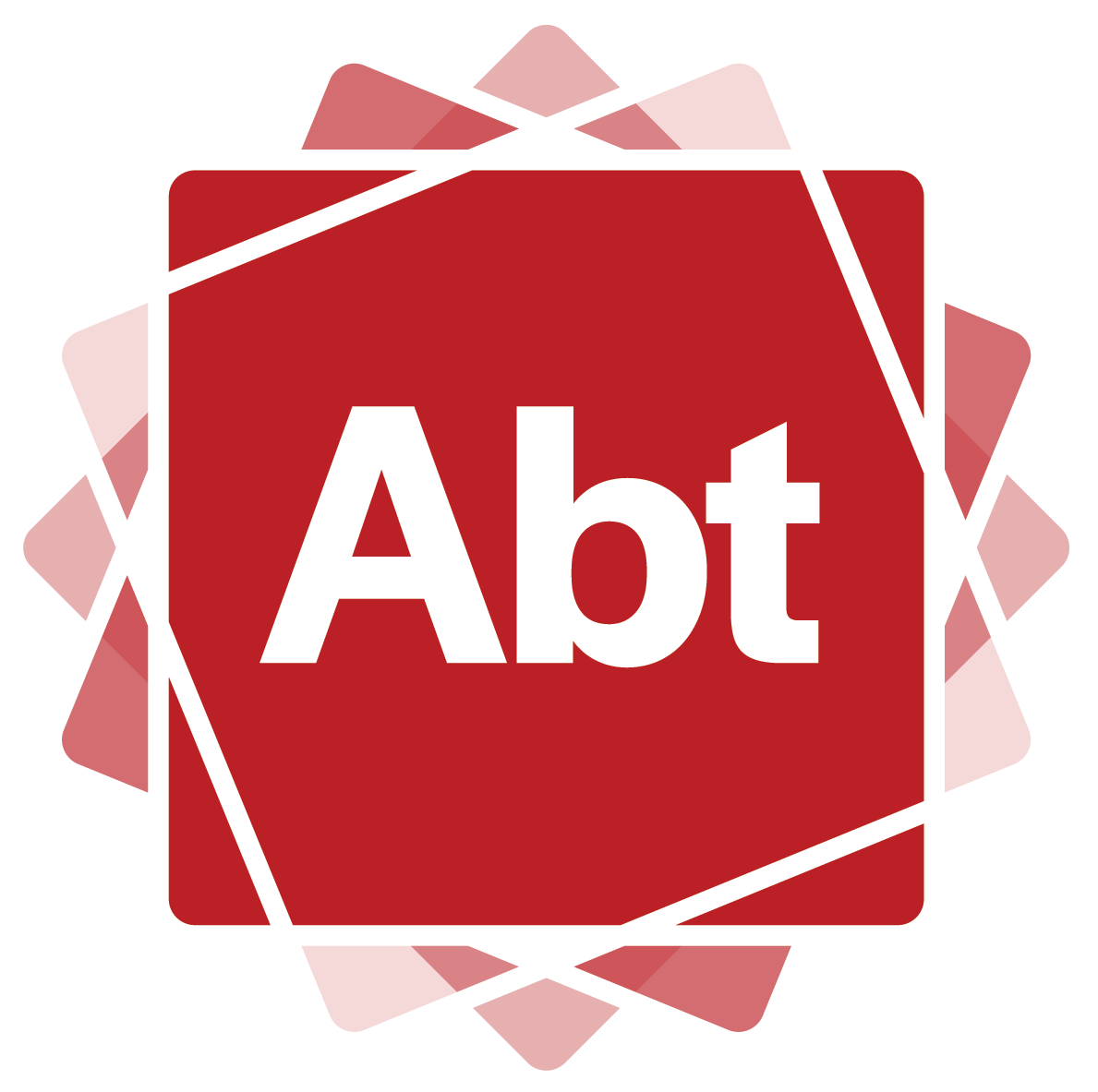Event
A First Look: Examining Information Processing Skill Proficiencies Among Black Adults in the U.S. Using the PIAAC Data
Does education and health-related literature tend to accurately convey the heterogeneous information processing skill profile of the diverse Black or African American U.S. population? What within-group differences can be observed using PIAAC data, and how might these differences inform policymakers and practitioners in the 21st century?
Resource
Subject Area Frameworks for Adult Learners
Posted on
Description
These aggregate frameworks provide a structure to support learning in five subjects relevant to adult learners: Civics Education, Digital Literacy, Financial Literacy, Health Literacy, and Workforce Preparation. They include domains, topics, and subtopics in each subject. The frameworks were developed by aggregating existing curricula, assessments, and frameworks used in adult education and compiling insights from organizations and individual instructors. Use them to support Teaching Skills That Matter-aligned instruction, to locate and use resources in SkillBlox, or as a checklist for planning instruction and assessment.
Event
Tipping Points and Tripping Points: Juggling Security, Access, and Equity in an Evolving Landscape
From ATP Global's New World of Testing Webinar Series:
Resource
Researcher Guide on Interpreting Impacts
Posted on
Description
IES released a guide to help researchers avoid common misinterpretations of statistical significance and report study impacts that are more actionable for end users. Improving the quality and relevance of education studies is IES Director Mark Schneider’s central goal for the Standards for Excellence in Education (SEER).
The guide introduces BASIE (Bayesian Interpretation of Estimates), an alternative framework to null hypothesis significance testing, and walks researchers through the key steps of applying BASIE:
Select prior evidence based on the distribution of intervention effects from existing impact studies (e.g., IES’ What Works Clearinghouse database).
Report traditional (based only on study data) and shrunken (based on both study data and prior evidence) impact estimates.
Interpret impact estimates using Bayesian posterior probabilities (or credible intervals).
Examine the sensitivity of shrunken impact estimates and posterior probabilities to what prior evidence is used.
The guide includes “express stops” and a simple Excel tool so that researchers can quickly start using BASIE. Detailed “local stops,” technical appendices, and programming code are also provided for evaluation methodologists.
View the guide by clicking here.
This guide is one of a series that helps researchers implement SEER. Guides on generalizability and sharing study data were recently released, and a guide on implementation research is in development and will be announced on https://www.ies.ed.gov.
The Institute of Education Sciences, a part of the U.S. Department of Education, is the nation's leading source for rigorous, independent education research, evaluation, statistics, and assessment.
Resource
Guidelines for Technology-Based Assessment
Posted on
Description
The Association of Test Publishers and the International Test Commission have collaborated to develop Guidelines for Technology-Based Assessment to promote best practices and ensure fair and valid assessment in a digital environment. These Guidelines are now in draft form and are available for public comment through May 15, 2022. The draft Guidelines are the product of a multiyear effort that involved dozens of invited authors, ad hoc technical reviewers, and extensive review by ten advisory groups representing practice areas and regions of the world.
Resource
Digital Skills Frameworks and Assessments: A Foundation for Understanding Adult Learners’ Strengths and Learning Needs
Posted on
Description
The CREATE Adult Skills Network (the Network) research teams are developing technology-supported learning and assessment tools and implementing curricula to help adult learners build digital skills. Throughout this work, each team has noted the importance of gaining a better understanding of the digital skills learners need to fully participate in the research projects. To that end, this Network Brief will introduce several widely used and relevant digital literacy frameworks and assessment strategies used in adult education.
The brief provides high-level descriptions of the following frameworks:
Northstar Digital Literacy standards
The ISTE SkillRise Profile of a Lifelong Learner
Seattle Digital Equity Initiative’s (SDEI) Digital Skills Framework
The Maryland Department of Labor/Adult Education’s Digital Literacy Framework for Adult Learners






